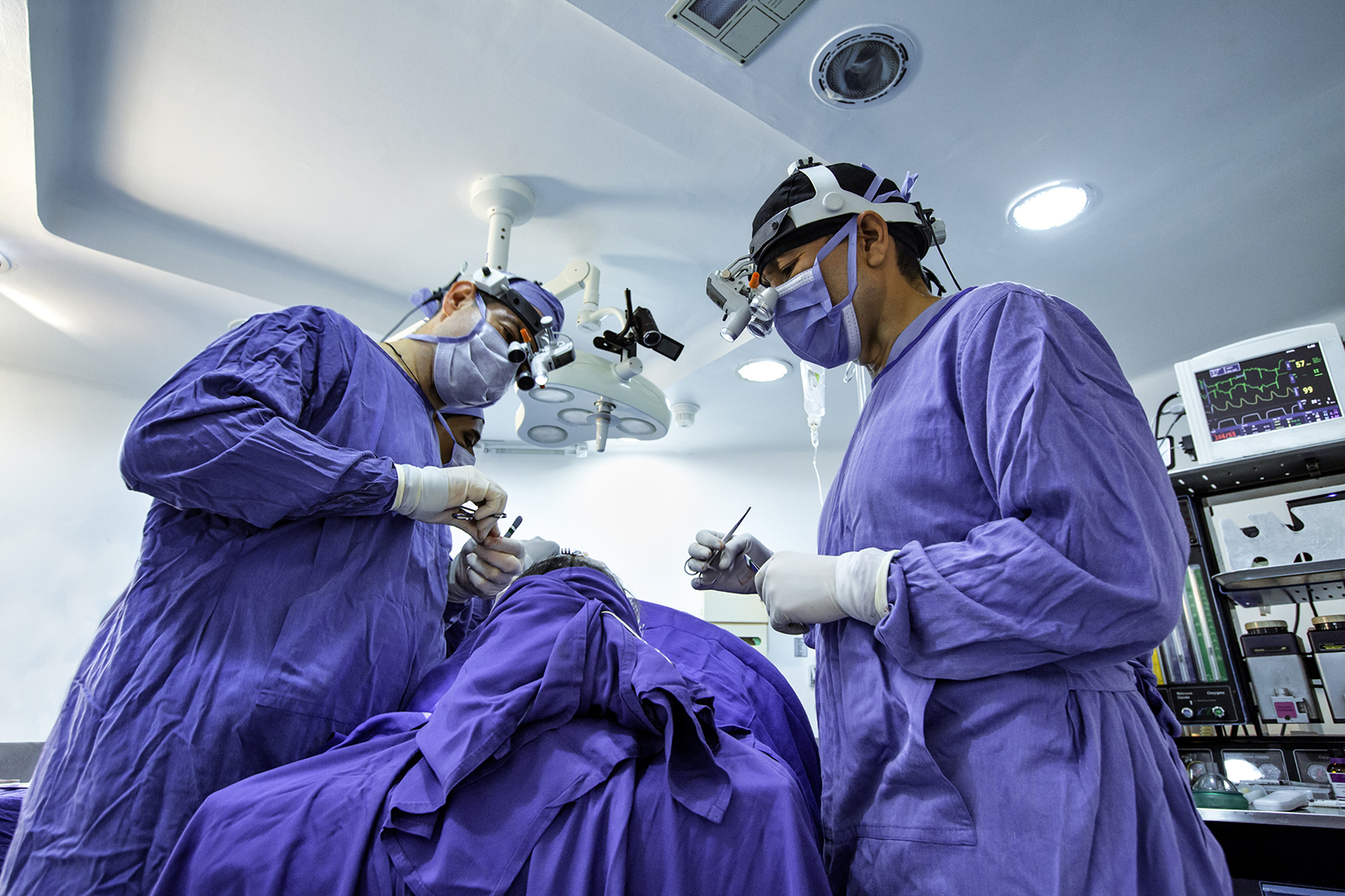AESTHETIC SURGERY IN FRANCE
A LONG HISTORY…
Cosmetic surgery has existed for several centuries. It already existed among the ancient Egyptians. The word “plastic” comes from the Greek word “plastikè” which means “the art of modeling”. Plastic surgery can shape or reshape the human body. The specialty of plastic surgery includes both reconstructive surgery and cosmetic surgery. Reconstructive surgery allows the transition from abnormal to normal, cosmetic surgery, the transition from normal to beautiful. Although not essential to health in general, cosmetic surgery can contribute significantly to the quality of life by improving the physique of the normal individual and the self-image of himself. The ideal candidate for an intervention is a person who feels that part of his physical appearance can be “corrected” and feels a strong desire to benefit from this correction. Because of the prevalence of youth in 21st century European culture, many people are looking for ways to mitigate the effects of age. They want to look physically as young as they feel to regain self-confidence. Whatever your reasons for choosing cosmetic surgery, it is important to consider it realistically. “Arrange” your face or body can increase your feeling of well-being, but it is not a guarantee of happiness.
 PLASTIC & AESTHETIC SURGERY IN FRANCE
PLASTIC & AESTHETIC SURGERY IN FRANCE
Statistics show that every year, thousands of French people resort to cosmetic surgery. Indeed, long regarded as the exclusive domain of women, cosmetic surgery is now considered by many men who discover the good results and benefits. There are currently 850 surgeons qualified by the National Council of the College of Physicians.
PLASTIC SURGEONS LEARNING
After 7 years of study the Faculty of Medicine awards the degree of Doctor of Medicine (Bac +7). It takes another 5 years to become a specialist (Bac + 12). To become a surgeon, you need Bac + 14 minimum. Surgeons can be specialized for example in cardiac surgery, orthopedics, digestive surgery, plastic surgery, reconstructive surgery and aesthetic surgery. In France, the teaching of cosmetic surgery has been structured since the last war. Until 1981 … the competence of Plastic Reconstructive and Aesthetic Surgery, awarded by the National Council of the Order of Doctors, was a label that could be obtained either by surgeons or by doctors with a surgical specialty (ENT , ophthalmology, stomatology) and who had the additional training required in plastic surgery guaranteed by their university curriculum. This competence also existed in other areas of surgery (competence in orthopedic surgery, vascular surgery, etc …). Since 1988, these skills have officially become specialties in their own right. We now become specialists in reconstructive and aesthetic plastic surgery, specialist in orthopedic and traumatological surgery … Cohabiting “competent” surgeons and surgeons “Specialists”, the youngest, graduated from the faculties of French medicine since 1988. Competent or specialist are anyway trained in reconstructive plastic surgery and aesthetics. Standardization of titles, a purely administrative problem, is on the way. The old “competent” and the current “specialists” come from the same training. At SOFCEP, where the average age of members is currently 44, most are still “competent” because the “specialists” are still very few in France. Anyway, all members of the SOFCEP, competent or specialists, are recognized by the National Council of the Order of Doctors. There is no member of the SOFCEP who does not present this guarantee, condition “sine qua non” of his admission. Once graduated, practitioners come together in “learned societies” to share their knowledge. There are two national companies in France, including plastic surgeons, SOFCPRE and SOFCEP. SOFCEP members are most often members of SOFCPRE, but predominantly practice Aesthetic Surgery. At the international level, the confederation of reconstructive and aesthetic plastic surgery brings together all the qualified surgeons in the world (IPRAS: International Confederation of Plastic Reconstructive and Aesthetic Surgery http://www.ipras.org) and ISAPS (International Society of Aesthetic) Plastic Surgery http: /www.isaps.org) which, like SOFCEP in France, brings together international plastic surgeons who are more particularly devoted to cosmetic surgery.
SOFCEP members are most often members of SOFCPRE, but predominantly practice Aesthetic Surgery. At the international level, the confederation of reconstructive and aesthetic plastic surgery brings together all the qualified surgeons in the world (IPRAS: International Confederation of Plastic Reconstructive and Aesthetic Surgery http://www.ipras.org) and ISAPS (International Society of Aesthetic) Plastic Surgery http: /www.isaps.org) which, like SOFCEP in France, brings together international plastic surgeons who are more particularly devoted to cosmetic surgery.
